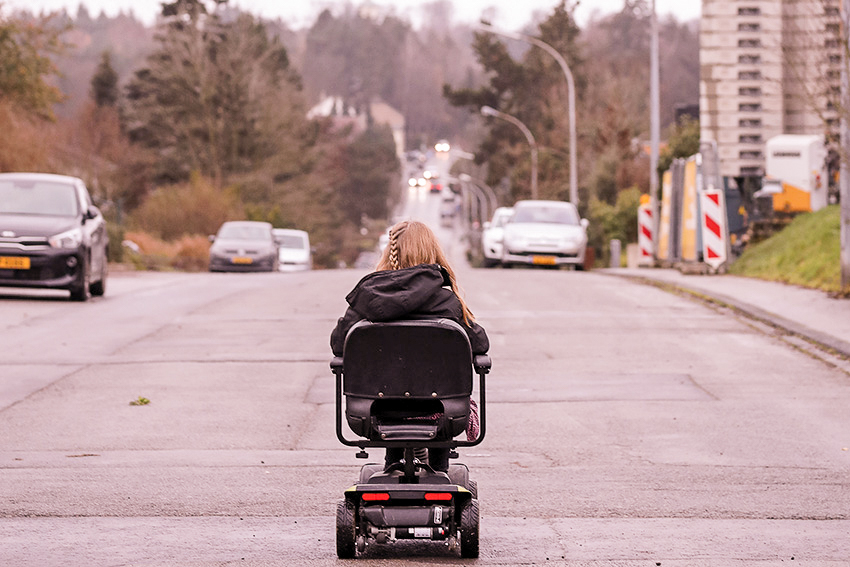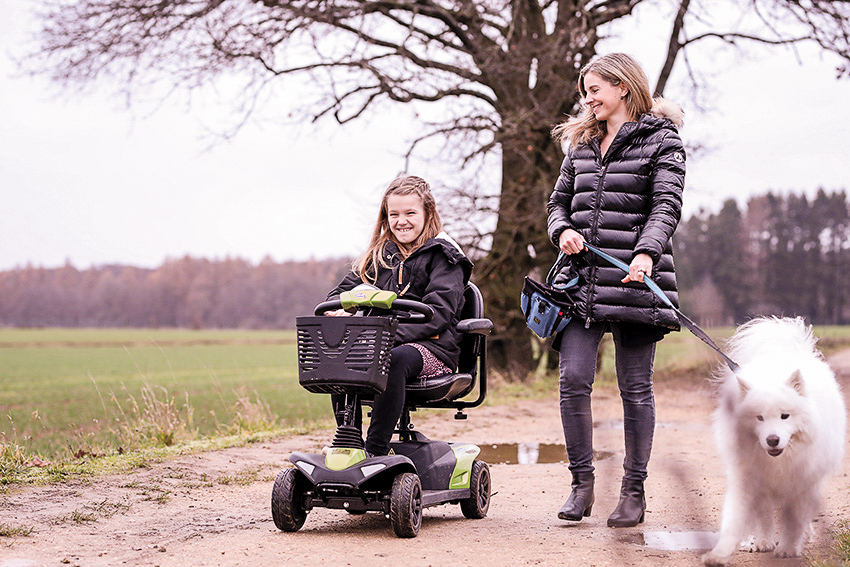
Living with a rare disease
Even though rare diseases vary widely in their symptoms, treatment and care, they have one fundamental aspect in common: the LIFE CHALLENGES they bring about. Many individuals and families confronted with a rare disease will at some point experience one of the following situations.

Diagnostic Odyssey
It takes on average 5 years for a person with a rare disease to receive a correct diagnosis. Often times symptoms are initially not taken seriously when doctors cannot find an obvious diagnosis. What follows are years of visits to specialists, uncountable tests and sometimes misdiagnoses. This obviously causes a delay in appropriate treatment, care and therapy.
The time prior to the correct diagnosis is a period of uncertainty, anxiety, anger and frustration for many of those living with the disease and their families.
Isolation
Many individuals living with a rare disease feel isolated and left behind because of the scarce information available, insufficient expertise in the healthcare sector and a lack of understanding among friends and peers.
Many face discrimination, exclusion, and stigma at work, at school or in their social interactions. This not only concerns those individuals living with a visible impairment, but also and especially those having invisible symptoms that vary from day today.


Few treatment options
For most rare diseases, treatment options are very limited and address mostly symptoms, not causes. One of the main reasons is that, by its very definition, any specific rare disease affects only few individuals. This is a particular challenge for clinical trials that generally require many participants, but also in terms of incentivizing pharmaceutical companies to invest in the costly development of new treatments.
If a treatment for a rare disease is available, other hurdles need to be overcome. Available treatments are often complex and expensive. Access in Luxembourg is not always possible, and many patients face administrative issues.
Adaptation of professional or educational path
The symptoms caused by rare diseases often lead to a loss of functional independence. According to a recent survey by EURORDIS (Rare Diseases Europe), 8 rare disease patients and carers out of 10 have difficulties performing daily tasks like household chores. According to the severity of the disease, many practical issues arise, such as access to technical aids, the cost of adaptations to the home or the rearrangement of the working place (if at all possible). Many children living with a rare disease have special needs to be met for them to thrive at school. Concerned individuals and their family members are often forced to adapt, reduce or stop their professional activity to manage the many consequences of the disease on their activities of daily living.


Risk of mental health struggles
The emotional turmoil during the diagnostic odyssey, the isolation, the lack of cures and the loss of independence, coupled with physical symptoms, exposes individuals with a rare disease to a higher risk of developing mental health disorders. For example, persons living with a rare disease and their carers are 3 times more likely to report being unhappy and depressed than the general population, according to the EURORDIS survey.
Life with a rare disease may be complex and bring about many challenges, but it is also a life marked by resilience, strength, hope, gratitude, fulfilment and joy. Read the testimonials of eight courageous men & women who share their stories of overcoming their challenges and finding zest for life.
If you are struggling with life challenges or if you have a specific question, please have a look at our consultation service, and ask us for assistance via the Infoline. We are there to guide and support you every step of the way.

